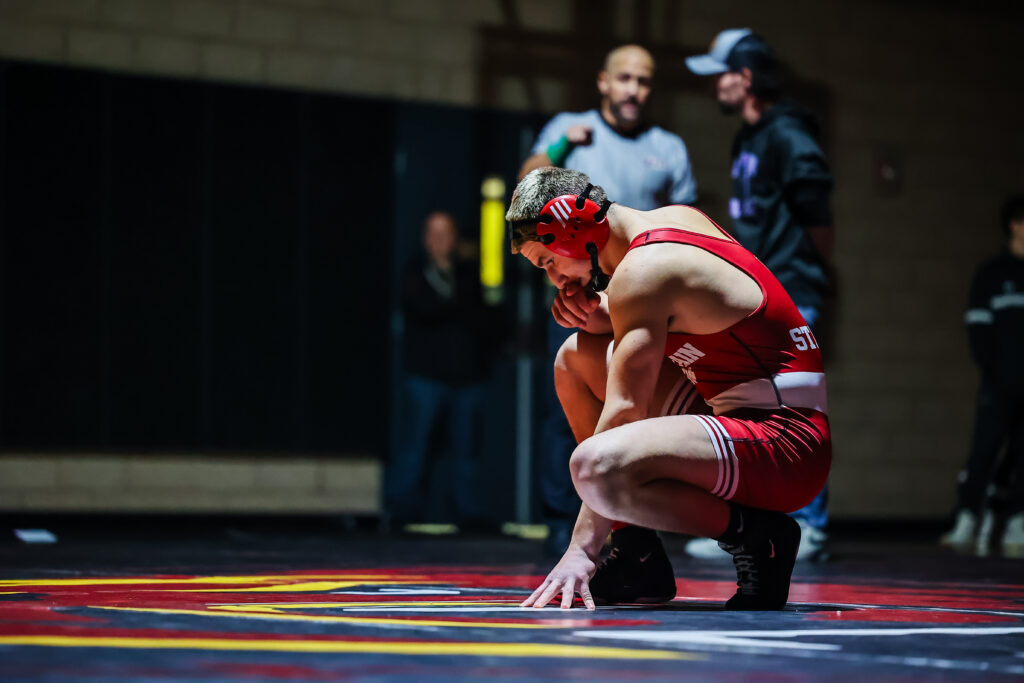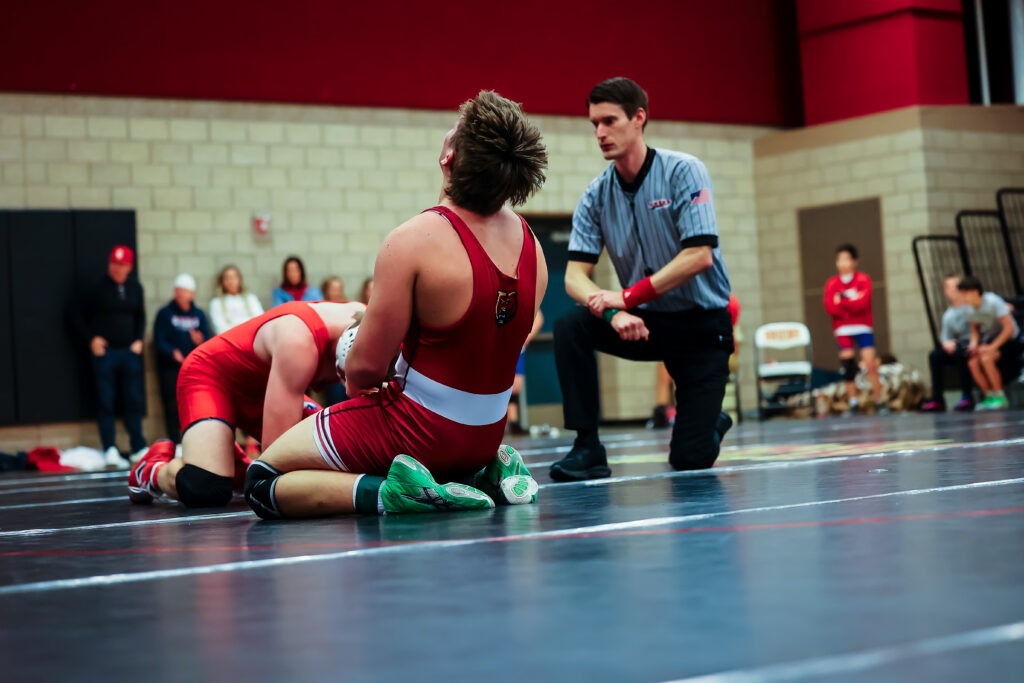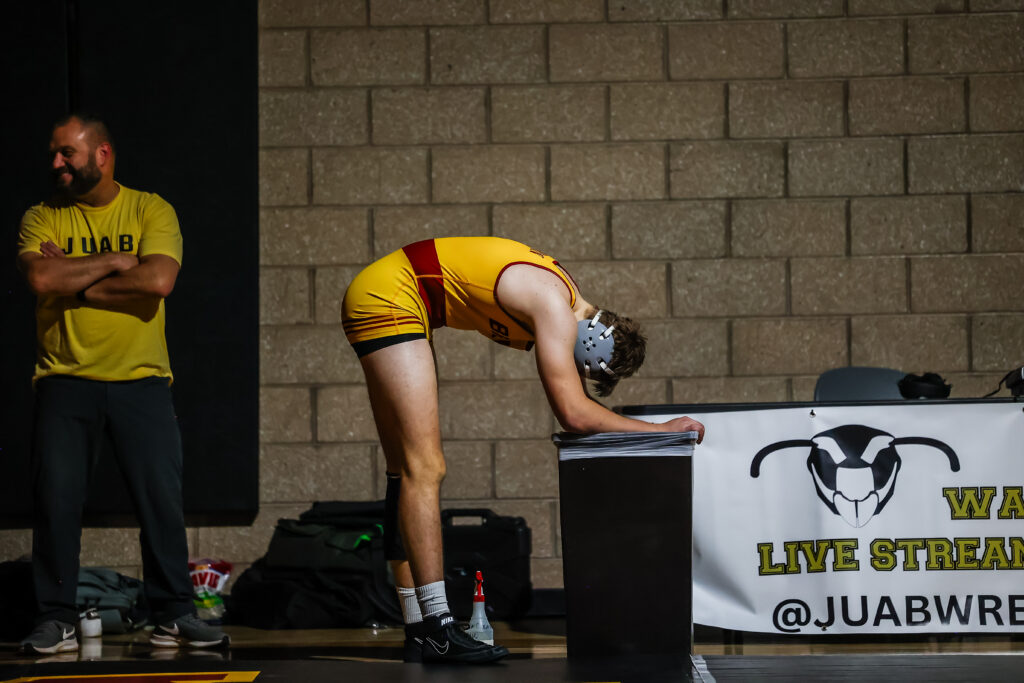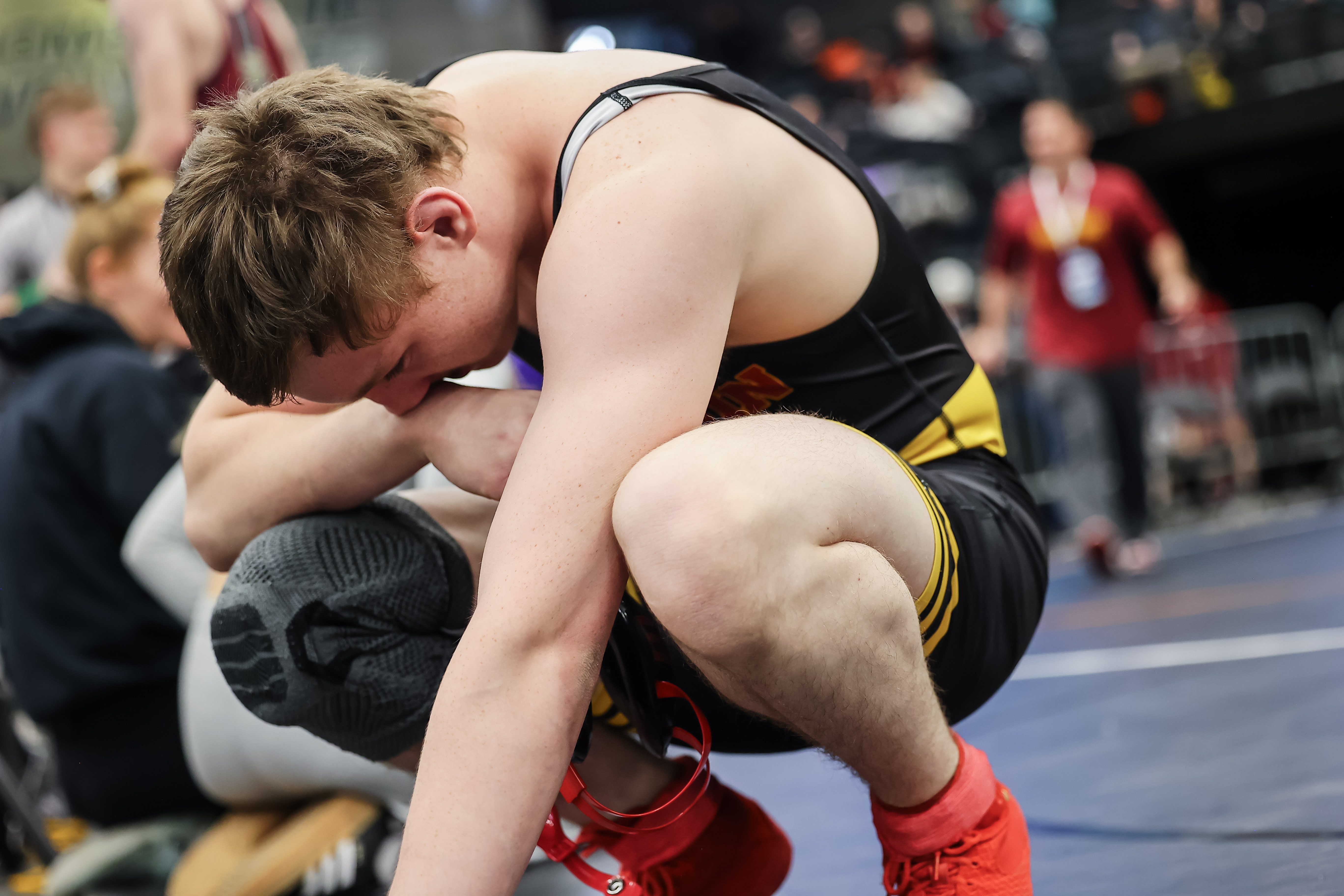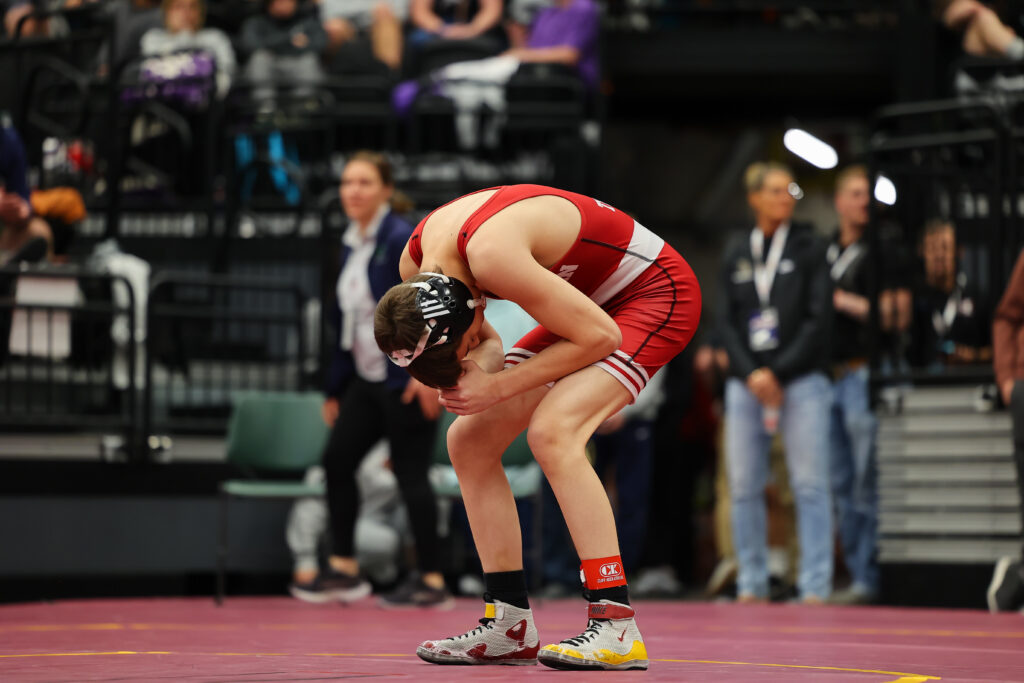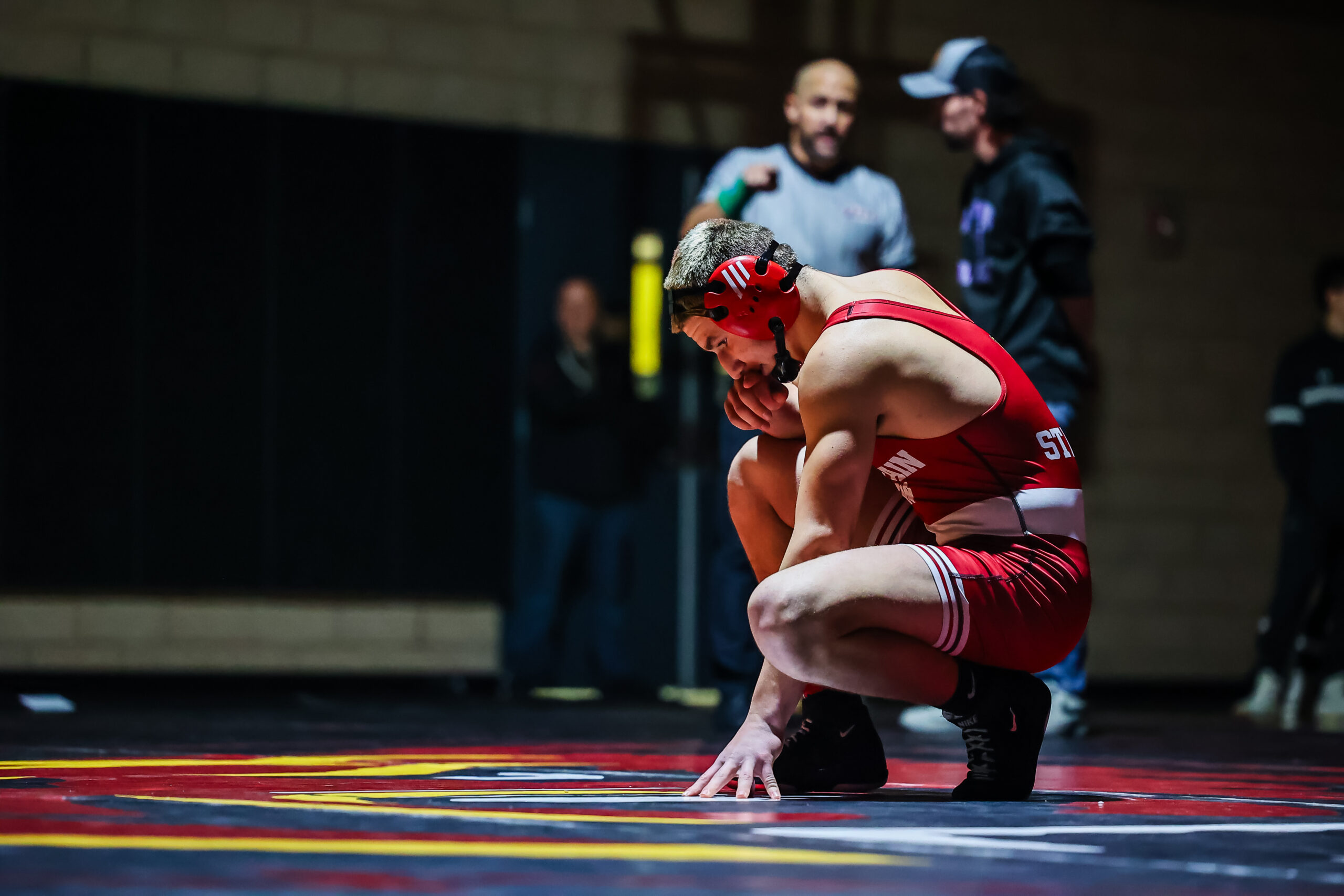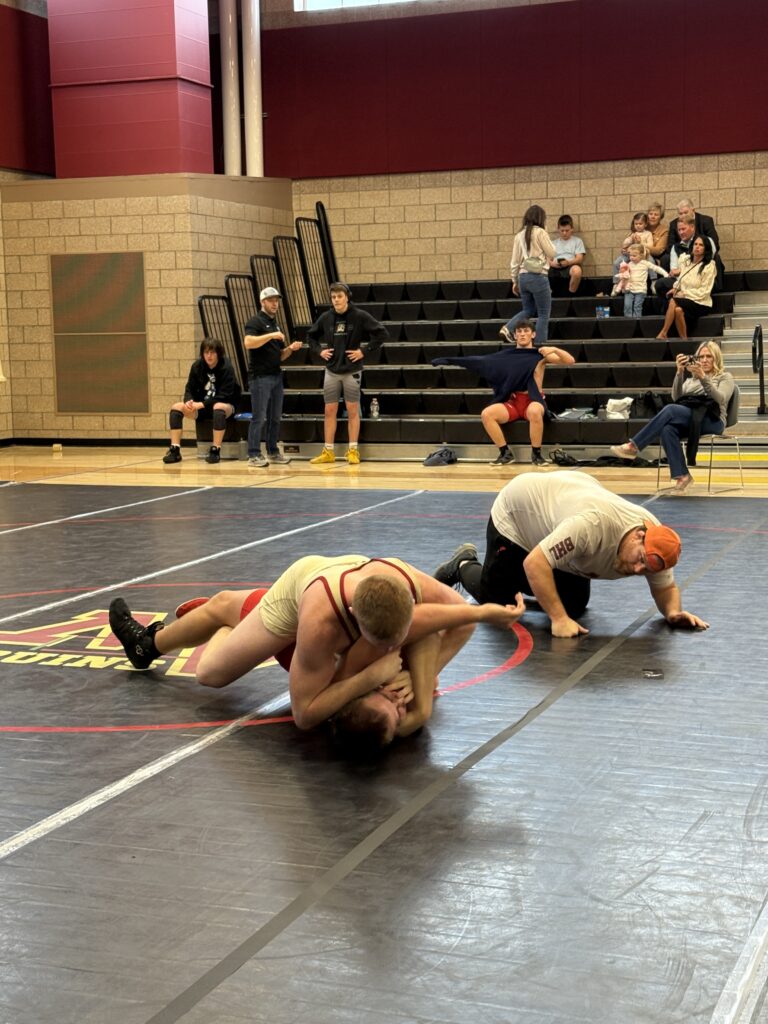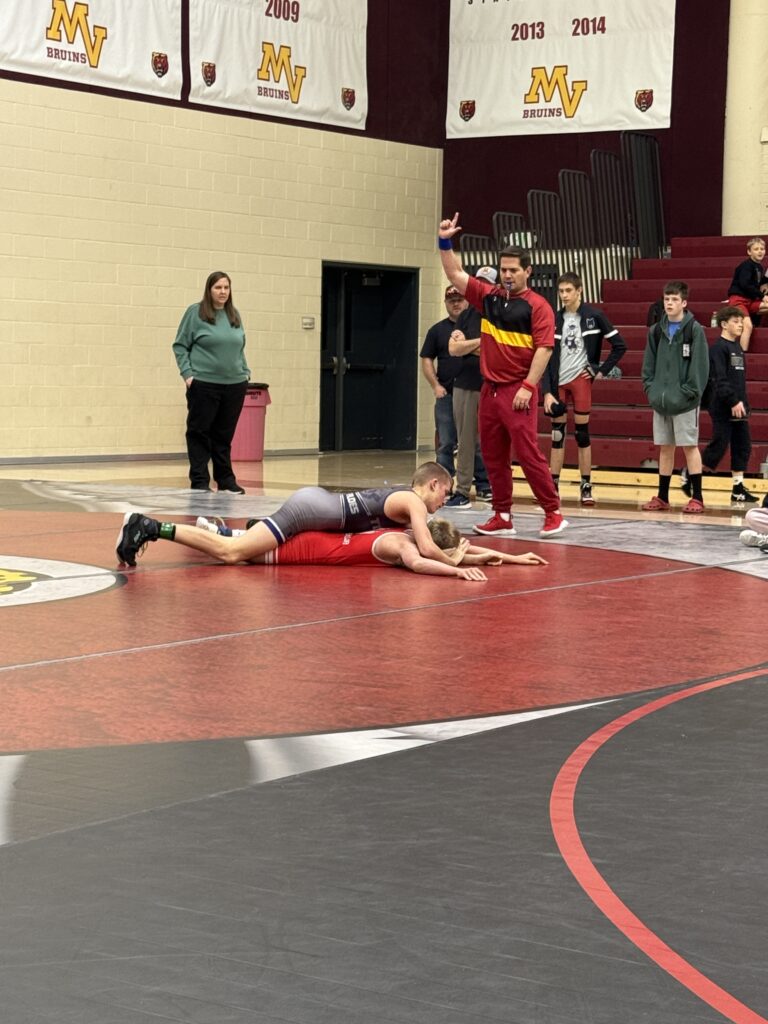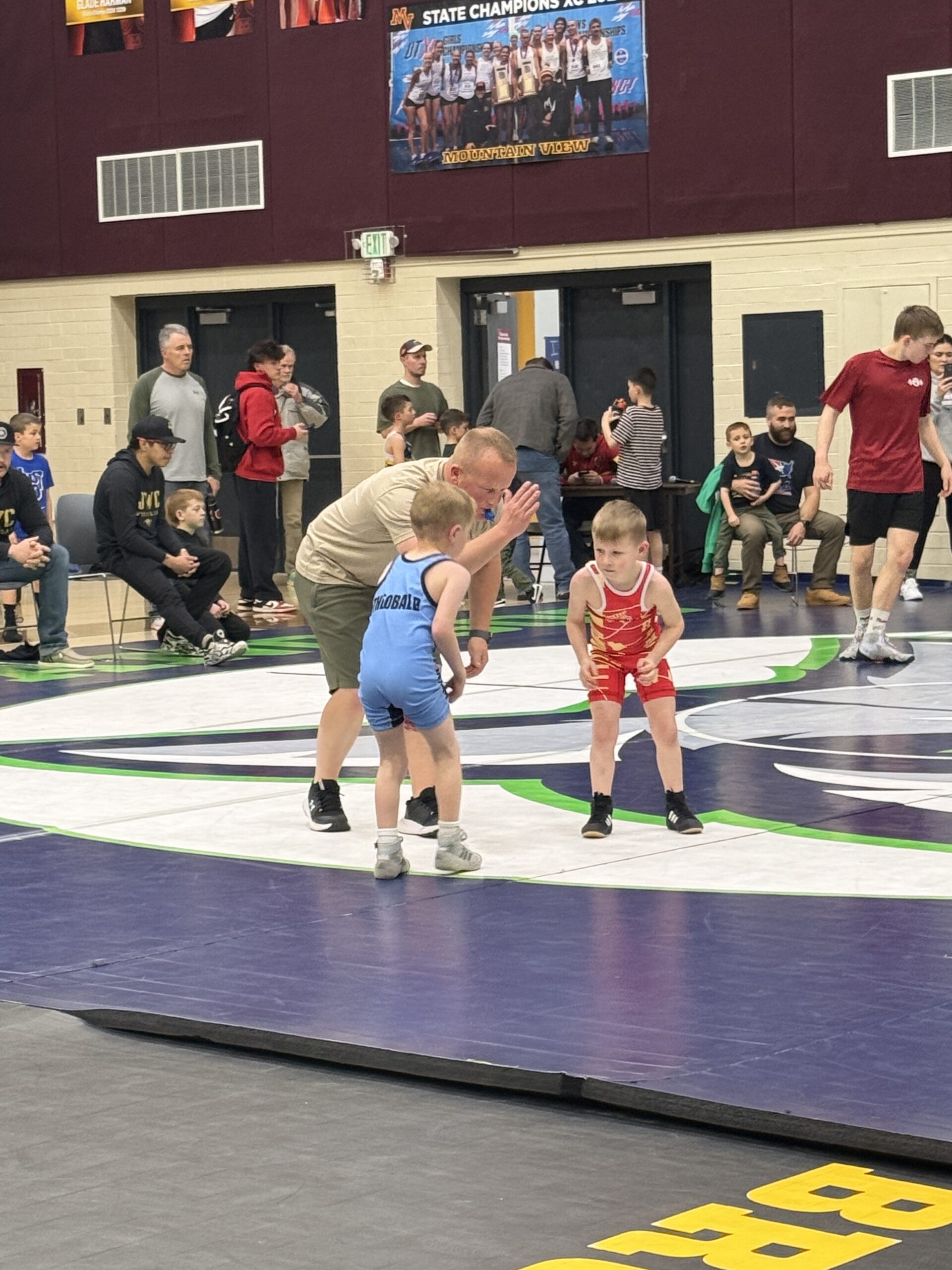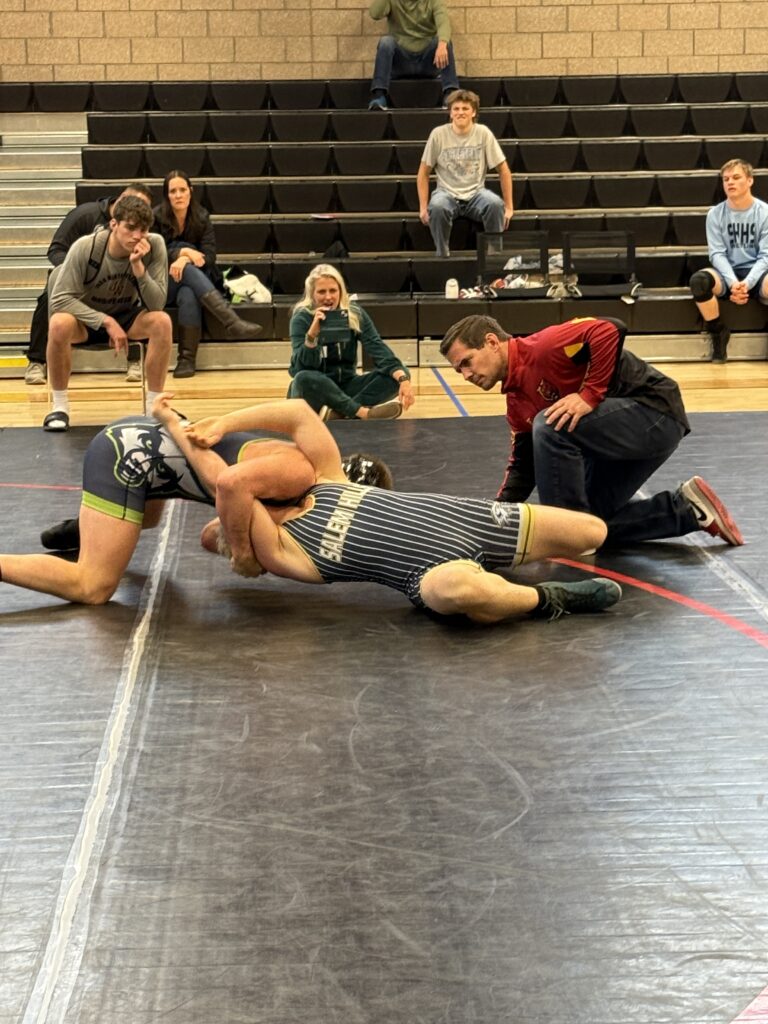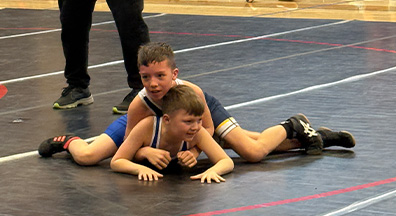Wrestling is more than a sport — it’s a test of willpower, discipline, and resilience. It’s a grind that demands everything from your body and even more from your mind. Wrestlers pride themselves on being tough. We fight through pain, push past limits, and wear our struggles like badges of honor. But behind the strength, there’s a conversation that doesn’t happen enough: mental health matters here, too.
The Hidden Weight We Carry
Every wrestler knows about cutting weight. It’s a stressful, consuming process that doesn’t just drain you physically — it can mess with your head. The pressure to stay in a certain weight class, to perform at your best while running on fumes, takes a mental toll that’s often brushed off as “just part of the sport.”
But anxiety, depression, burnout, and eating disorders aren’t just part of the sport. They’re serious challenges that too many wrestlers face in silence.
The Mental Match Is Just As Important
We train our bodies relentlessly, but how often do we train or take care of our minds?
The mental side of wrestling is massive — confidence, focus, and resilience can be the difference between winning and losing. Yet when it comes to talking about our mental health struggles, we’re expected to “tough it out.” The culture of silence around mental health in wrestling is outdated and dangerous.
It’s time to understand that asking for help is not weakness. It’s a sign of strength — the same strength that gets you back on the mat after a loss, that pushes through one more round, that refuses to quit.
Changing the Culture, One Team at a Time
Coaches, teammates, and parents all play a role in shifting the conversation. Mental health check-ins should be just as normal as physical ones. Encouraging athletes to speak up, providing access to counselors or mental health resources, and creating an environment where it’s okay to not be okay — that’s how we move forward.
Wrestling isn’t just about being the toughest in the room. It’s about discipline, honor, and growth — physically and mentally.
You’re Not Alone in This Fight
If you’re struggling, you’re not weak. You’re human. And you’re not alone. Whether it’s talking to a teammate, reaching out to a coach, or seeking a mental health professional — take the step. Your mental health is just as important as your physical health, and it deserves the same care.
At the end of the day, the strongest wrestlers aren’t just the ones who win matches. They’re the ones who keep showing up — for themselves and for each other, on and off the mat.
Let’s start talking. Let’s start healing. Let’s wrestle the stigma.
